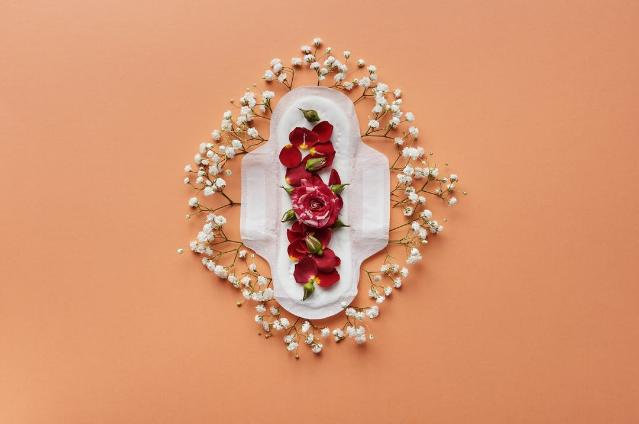
Periods are considered unclean and unhygienic things in many parts of the world. It is always a topic that should never be uttered in front of men, and always be kept secret. The temple can be kept closed when goddesses are expected to be on periods. But a bleeding woman is not allowed in religious places, not allowed to worship also in many countries not allowed in the kitchen. The girl is considered unclean and also in many countries, they are not allowed to sleep in a bed. Many difficult rituals are also scheduled during this time.
The concept of myths related to the menstrual cycle was prevalent from primitive ages. In ancient ages, people use to believe that if a man touches a bleeding woman, they can die anytime. Then in the medieval period, people believed if the penis touched period blood, then that can harm men. They were not allowed to see light, touch water, or do any household work. The period was the toughest time for girls’ life. In many villages, they were sent to small huts outside the villages for those four days. They are supplied food and basic materials by villagers. It is considered a sin to come in contact with them during this time. Many developing countries face issues of safe periods also. Many girls even in India especially in rural India do not have basic access to pads. They are forced to use clothes, which are many times not clean which leads to many fungal diseases for women.
Periods are also the major reason that girls miss school in developing countries. Social shaming and lack of access to menstrual care products, private toilets, and clean water all factor into girls missing out on their right to an education. As per the report of U.N.E.S.C.O, only 50% of Kenyan girls have access to pads. In Nepal and Afghanistan, 30% of girls have skipped school during menstruation, while in India, 20% drop out completely. When this happens, girls are less likely to go back to school later on and they become more vulnerable to early marriage, rape or violence. The violence against women also began after the girls start having their first periods.
Sanitary pads are expensive in many parts of India, so it is not accessible to a huge chunk of our population. In a country where 63 % of people are still struggling from extreme poverty (2018 Asian development bank data), buying a sanitary pad for Rs 20 is a luxurious item for many people. In our country, nobody is allowed to speak about the menstrual cycle. Discussing sex and periods is considered a crime. It is also expected in many parts of our country that ladies will be in periods but men should not be aware of the same. In one aspect we do “kumari puja” and worship a girl as a goddess, and on another side, we treat her as untouchable when she is on her period.
The girl has to face discrimination in every sphere of her life for being on the menstrual cycle. The boss will criticize her for taking a leave for periods, her classmate will make fun of her if by mistake she gets stains on her dress. A person can get stained while eating on the dress, it is considered normal in society. But if a girl gets stained or red spots for a biological problem it is considered a matter of shame for the woman. In advertisements also it is shown as an unclean and uncomfortable thing. It is the beautiful gift of God only to women, which helps them to give birth to a child. The gift of God is turned into an “Abhishap” for women because of our rigid superstitions.
A girl goes through many mental and physical changes during that time. Though in today’s world also we think being on period is a luxury. But it is not, it is a painful journey that a girl bears every month with a smiling face. We can at least make some changes in our approach to the way we treat periods. It is a natural phenomenon for girls every month, as natural as breathing for us to stay alive. We as a society can be more sympathetic towards them for these four days of the month. We can try to make them happy, if any girl faces any physical issues during this time, we can try to take care of them. We can ask the shopkeeper not to hide sanitary pads in the newspaper but can be given to every girl like medicine. We can create a society where buying a sanitary pad and condom is as normal as buying medicine for fever. Like we have many government policies for social upliftment the sanitary pads can also be made available to every girl free of cost, especially in rural areas. As women folk, is a huge part of our population, if we can give them safe and taboo-free periods we can grow more as a country.
